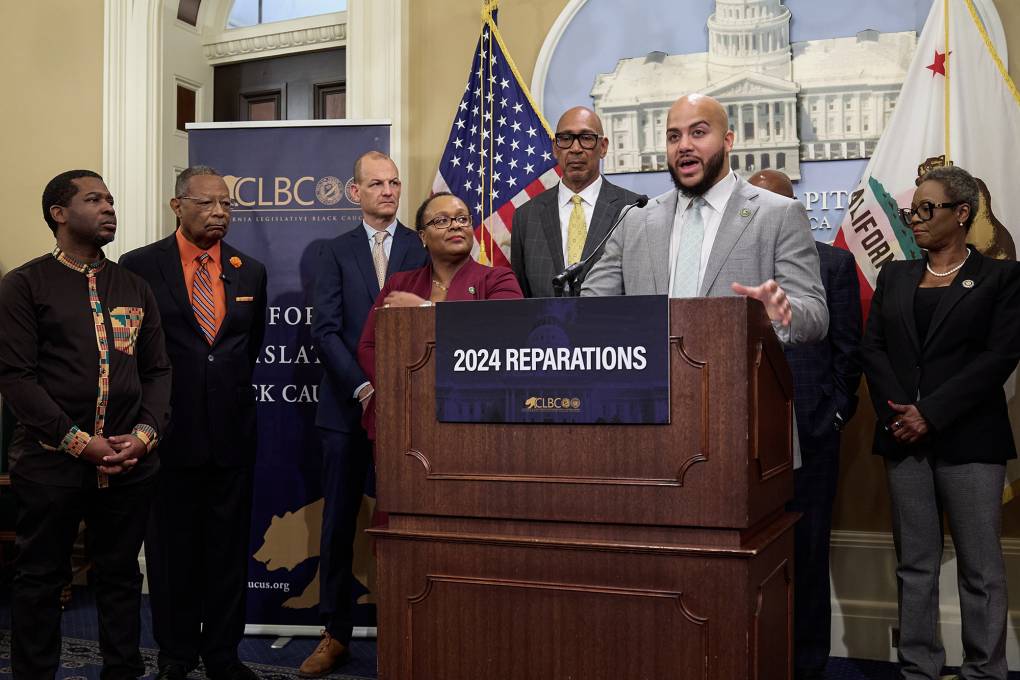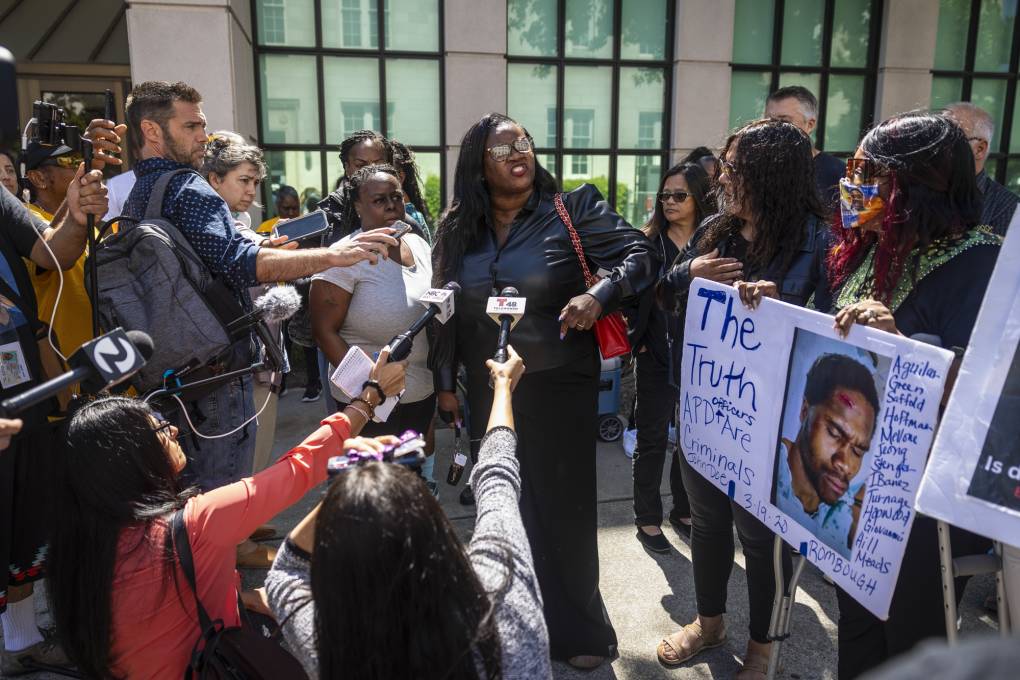California’s state Assembly voted Thursday to offer a formal apology for the state’s role in supporting chattel slavery, marking a key milestone in the first-in-the-nation effort to provide state-level reparations to Black Californians.
The idea for an apology was born from the state’s Reparations Task Force, which studied the harms committed by the state government against Black residents and published dozens of policy recommendations for the Legislature. The apology bill, Assembly Bill 3089, requires an acknowledgment of the actions of members of the state’s government in advancing slavery and decades of discriminatory policies — and requires a plaque memorializing the apology to be installed at the state Capitol.
“We cannot possibly move forward without acknowledging our role in evil behavior,” said Assemblymember Reggie Jones-Sawyer (D-Los Angeles), the bill’s author.



